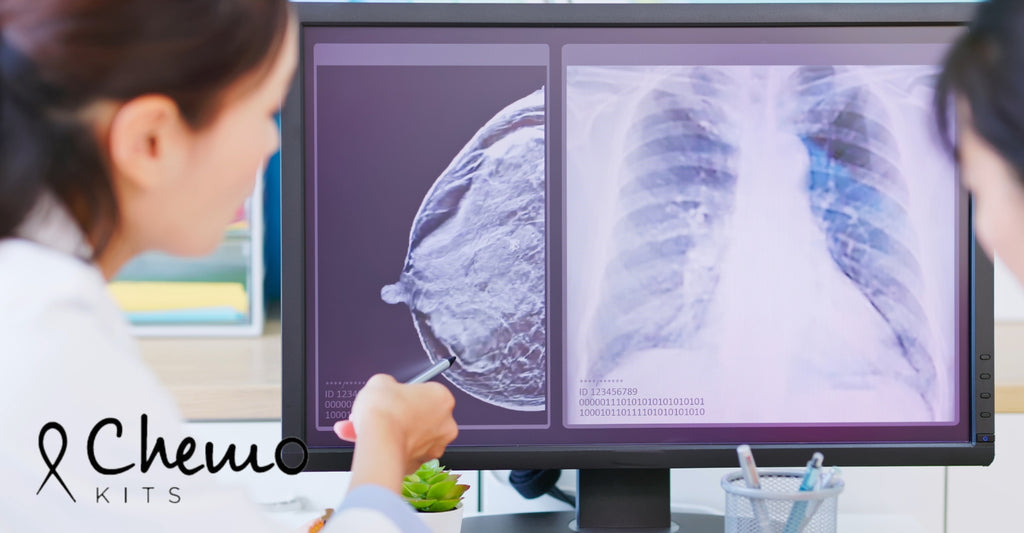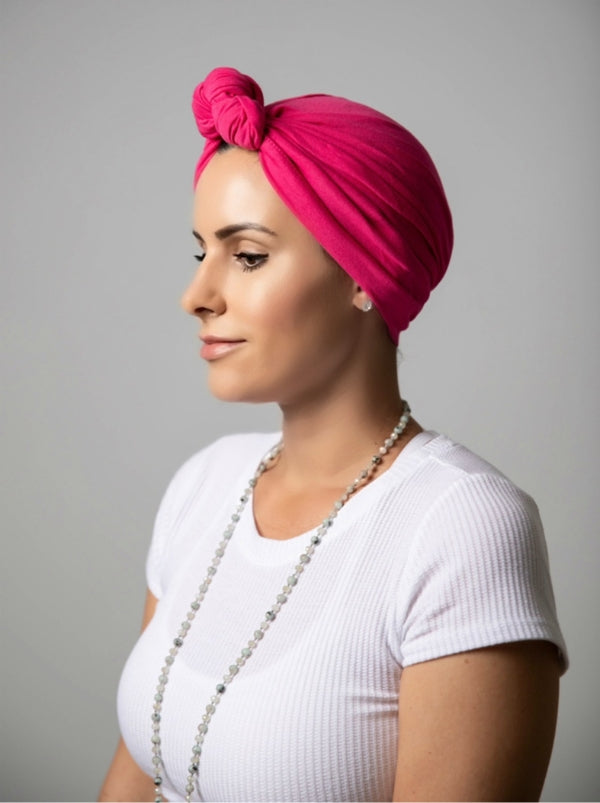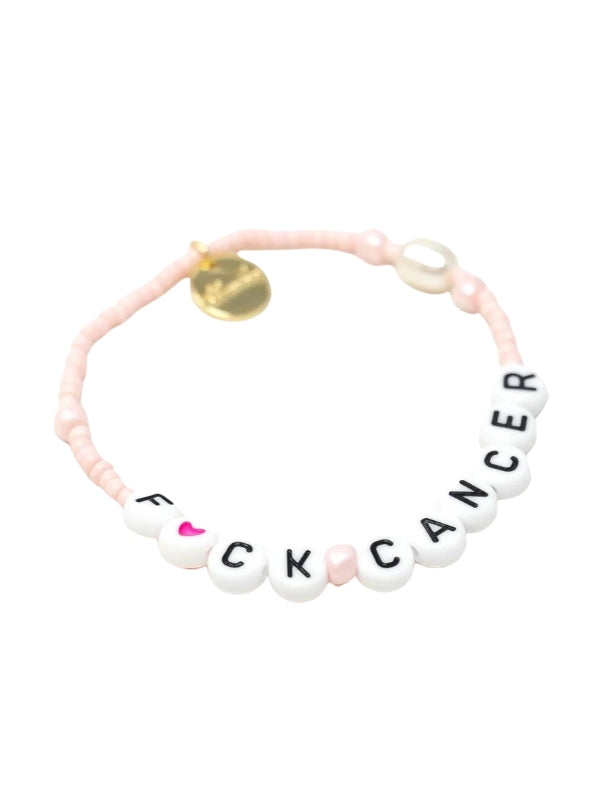
Breast Cancer Chemotherapy: Understanding the Treatment and Its Impact on Patients

Breast Cancer Chemotherapy: Understanding the Treatment and Its Impact on Patients
Breast cancer is a common disease that affects millions of people worldwide. It is a type of cancer that forms in the breast tissue and can spread to other parts of the body if left untreated. One of the most common treatment options for breast cancer is chemotherapy. In this article, we will discuss the role of chemotherapy in breast cancer treatment, the factors that influence the decision to use chemotherapy, how chemotherapy works for breast cancer, what to expect during chemotherapy treatment, and factors to consider when deciding on chemotherapy for breast cancer. Additionally, we will highlight the importance of mental and emotional support while going through Breast Cancer Chemotherapy.
When is chemotherapy recommended for breast cancer?
Chemotherapy is recommended for breast cancer treatment based on various factors such as the type and stage of breast cancer, the patient's age, overall health, and other medical conditions. The decision to use chemotherapy is usually made after a thorough evaluation by a healthcare provider. Different stages of breast cancer where chemotherapy may be recommended include early-stage, locally advanced, and metastatic breast cancer. Types of breast cancer that are more likely to require chemotherapy include triple-negative breast cancer and HER2-positive breast cancer.
How does chemotherapy work for breast cancer?
Chemotherapy drugs work by targeting and killing cancer cells in the body. Different types of chemotherapy drugs are used to treat breast cancer, including anthracyclines, taxanes, and platinum-based drugs. These drugs can be given through various routes, such as intravenously, orally, or topically. However, chemotherapy drugs also affect normal cells in the body, leading to side effects such as nausea, vomiting, hair loss, and fatigue. Healthcare providers can provide supportive care measures to manage these side effects.
What to expect during chemotherapy treatment for breast cancer
Chemotherapy treatment for breast cancer usually involves multiple cycles, and the duration of treatment depends on the type and stage of cancer. During treatment, patients may experience different side effects such as nausea, vomiting, hair loss, fatigue, and mouth sores. Healthcare providers can provide supportive care measures such as anti-nausea medications, scalp cooling to reduce hair loss, and medications to boost blood cell count.
Factors to consider when deciding on chemotherapy for breast cancer
Patients and their healthcare providers should carefully weigh the benefits and risks of chemotherapy when deciding on breast cancer treatment. Chemotherapy can improve survival rates, but it also has side effects that can affect the patient's quality of life. Factors to consider include the impact on daily activities, personal preferences and values, and the availability of mental and emotional support from family and friends. Patients should also consider cancer care packages, which offer various resources such as counseling, transportation, and financial assistance.
If you are looking for cancer care packages to show support for women going through breast cancer chemotherapy, you may want to consider chemo kits. Our company, Chemo Kits, offers a variety of chemo care packages for women that are designed to provide comfort and support during treatment. These packages are a great way to show loved ones that you care and are thinking of them during this difficult time. While we cannot disclose the specific items included in our packages, we can assure you that they are carefully curated with the needs of chemotherapy patients in mind. Chemo Kits cancer care packages for women offer practical and thoughtful support to help women feel more comfortable and supported during treatment. If you are interested in learning more about our chemo care packages, please visit our website.
Conclusion
Breast cancer chemotherapy is an important treatment option for many patients with breast cancer. It is crucial to have a thorough understanding of the treatment and its possible side effects before deciding on chemotherapy. Patients should discuss their treatment options with their healthcare providers, consider their personal preferences, and access mental and emotional support. We hope this article provides useful information on the role of chemotherapy in breast cancer treatment and the importance of making informed treatment decisions. Remember, cancer care packages can help patients and their loved ones cope with the physical and emotional challenges of breast cancer chemotherapy.
Frequently Asked Questions (FAQs) About Breast Cancer Chemotherapy
-
At what stage of breast cancer is chemotherapy used?
-
How long is chemo usually for breast cancer?
-
What is the success rate of chemotherapy for breast cancer?
-
Does Stage 1 breast cancer get chemo?
-
Is chemo worth it for breast cancer?
-
Does Stage 2 breast cancer require chemo?
-
How quickly do you start chemo after breast cancer diagnosis?
-
Does Stage 1 breast cancer require chemo or radiation?
-
What is the hardest chemo for breast cancer?
-
What is the easiest breast cancer to treat?


















